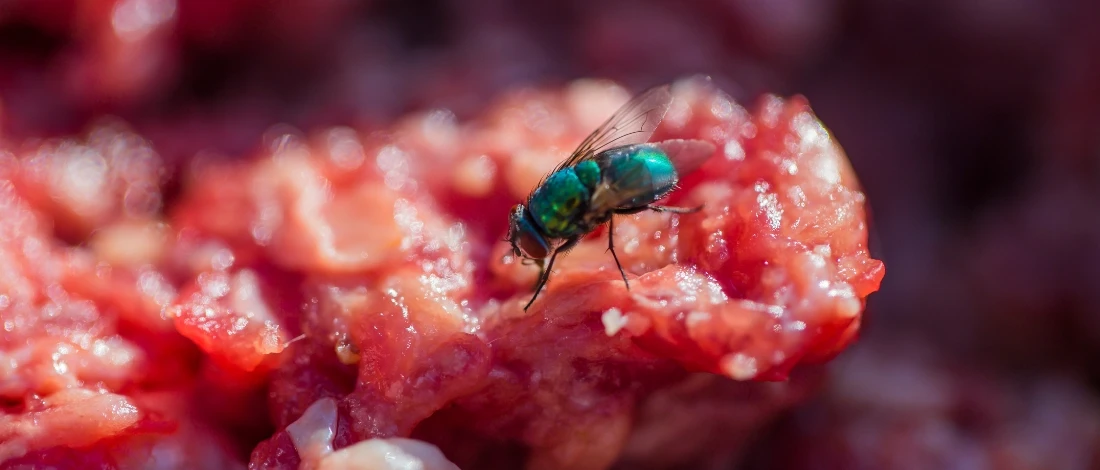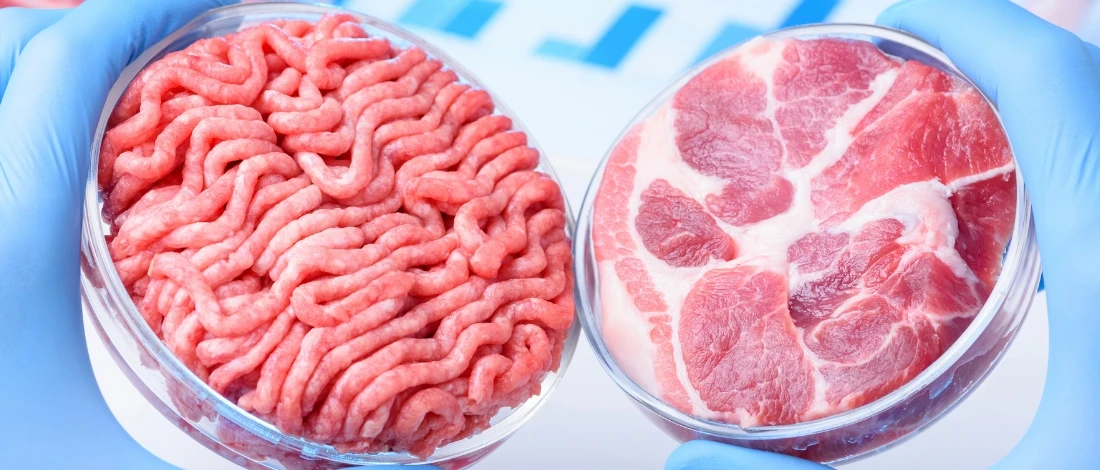Turning “Yuck” into “Yum”: How Strategies Like the ‘Sushi Route’ Could Make Insect and Lab-Grown Meat Mainstream
As climate concerns push for more sustainable diets, Western consumers are increasingly encouraged to explore alternative proteins like lab-grown meat, plant-based substitutes, and even edible insects.
These foods, often more eco-friendly than traditional meats, represent a growing industry. However, as Alexandra Plakias, an associate professor of philosophy at Hamilton College, notes, “Disgust and food neophobia—a fear of new foods—are often cited as obstacles to adopting new, more sustainable food choices.”
To address this, Plakias highlights two strategies from history: the “safe route” and the “sushi route,” both of which could help these unconventional foods gain popularity.
The “safe route” draws on familiarity. During World War II, the U.S. encouraged Americans to consume organ meats like liver and kidneys by marketing them as part of familiar dishes.
This approach “tries to remove psychological and practical barriers,” explains Plakias, adding that blending insects into protein bars or burgers could make these new foods less intimidating.
By downplaying novelty, the “safe route” works to fit new foods seamlessly into existing dietary patterns.
On the other hand, the “sushi route” embraces novelty. Sushi’s popularity in the U.S. surged during the postwar period, when dining out for unique experiences became a status symbol. Sushi appealed to “the desire for new and exciting experiences,” says Plakias.
This approach also worked with offal, as fine dining chefs framed dishes like tongue and pig’s ears as culinary adventures. By presenting new foods as trendy and exotic, the sushi route could make insect-based meals and lab-grown meats more appealing.
For lasting change, Plakias believes, framing is essential. She cautions that pitching alternatives as “necessary sacrifices” may only create temporary change.
Instead, marketing cultivated meat and insect-based options as novel or healthier choices may help these foods become permanent additions to Western diets.
Curious about how new foods like insect and lab-grown meat could become mainstream? Visit our homepage for insights into alternative proteins.





